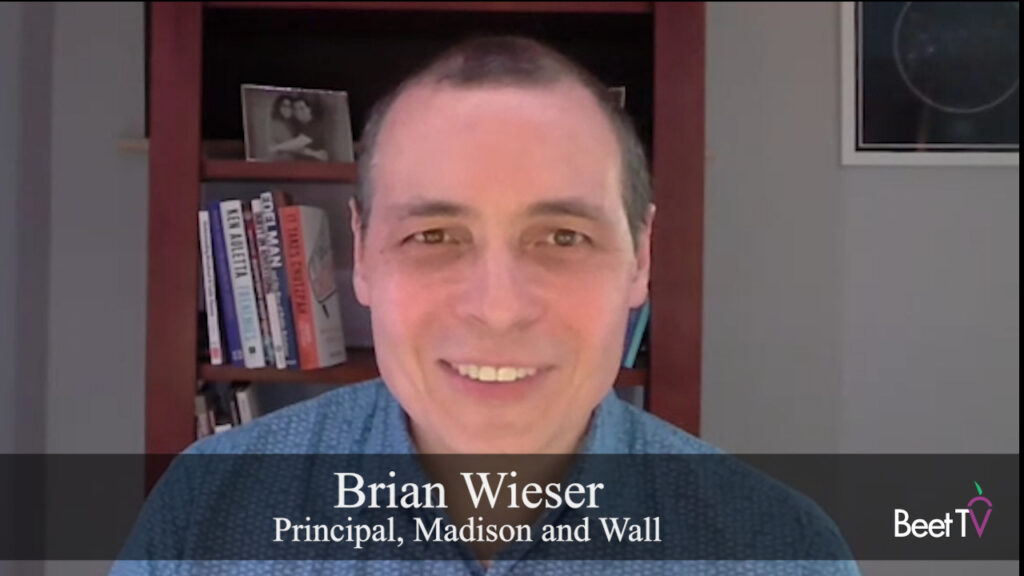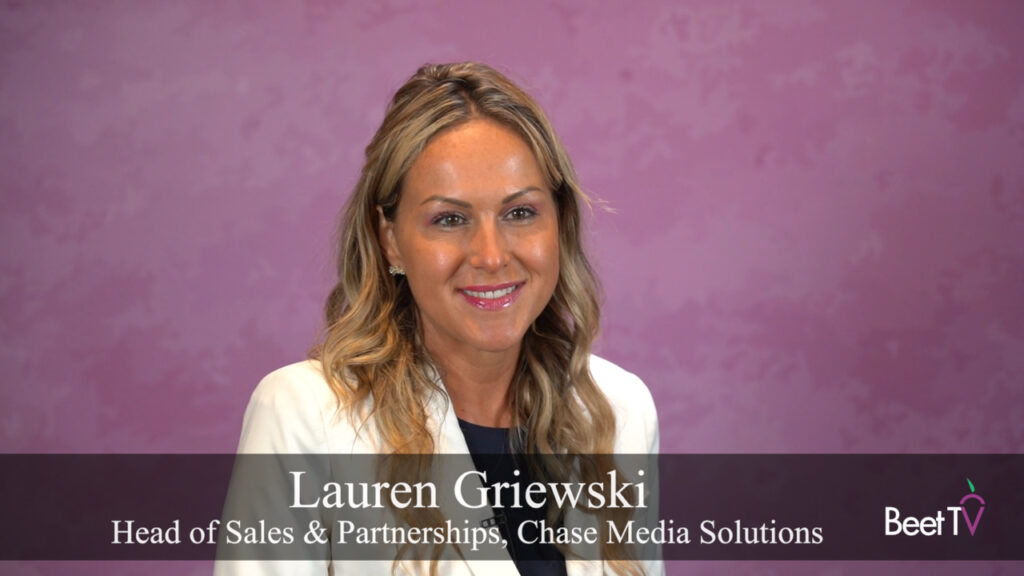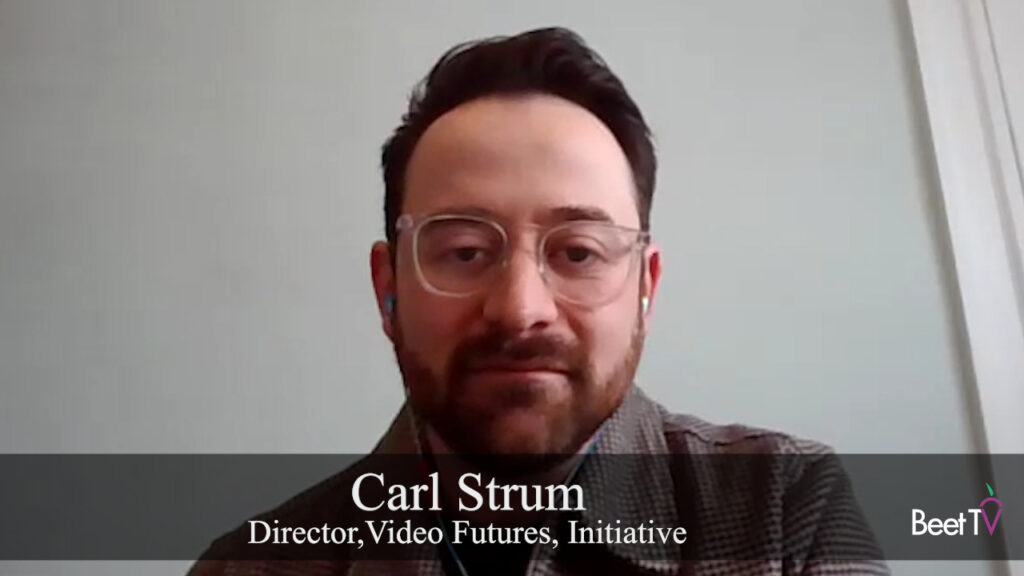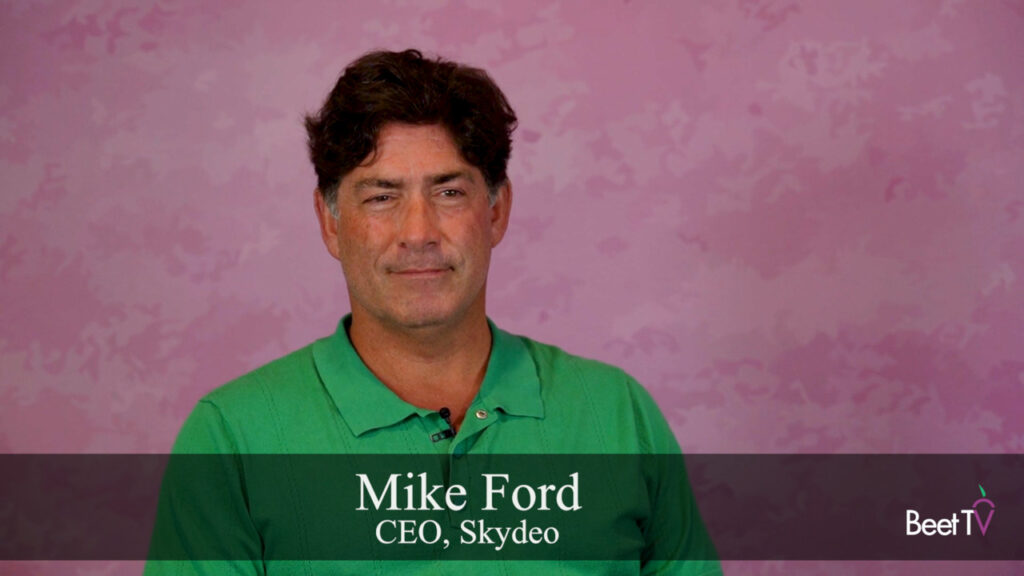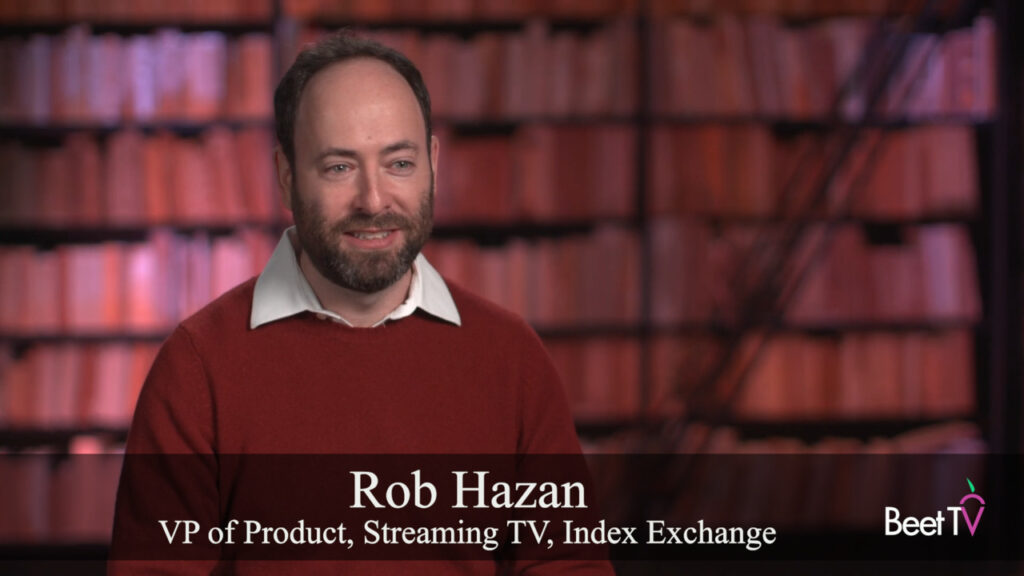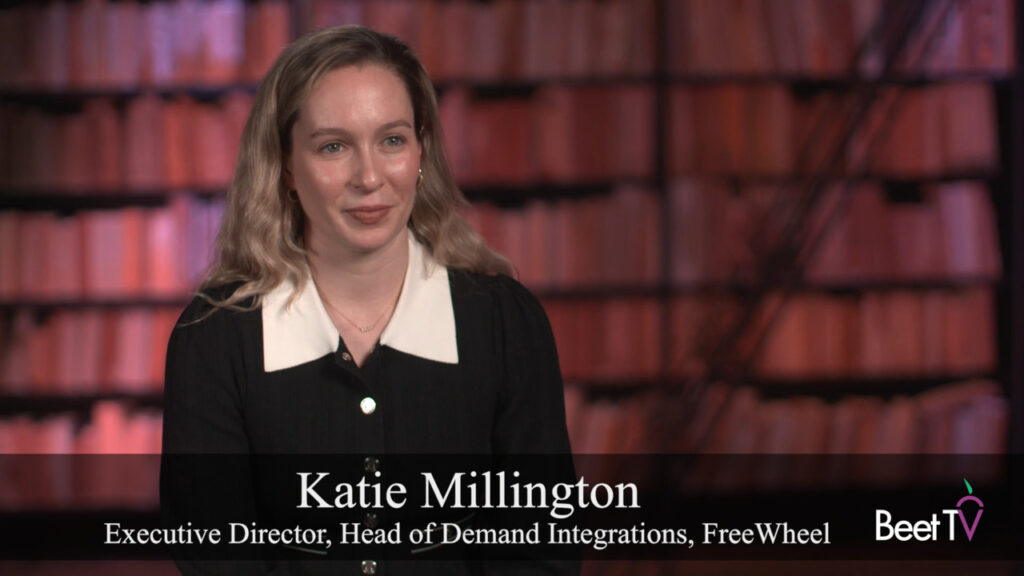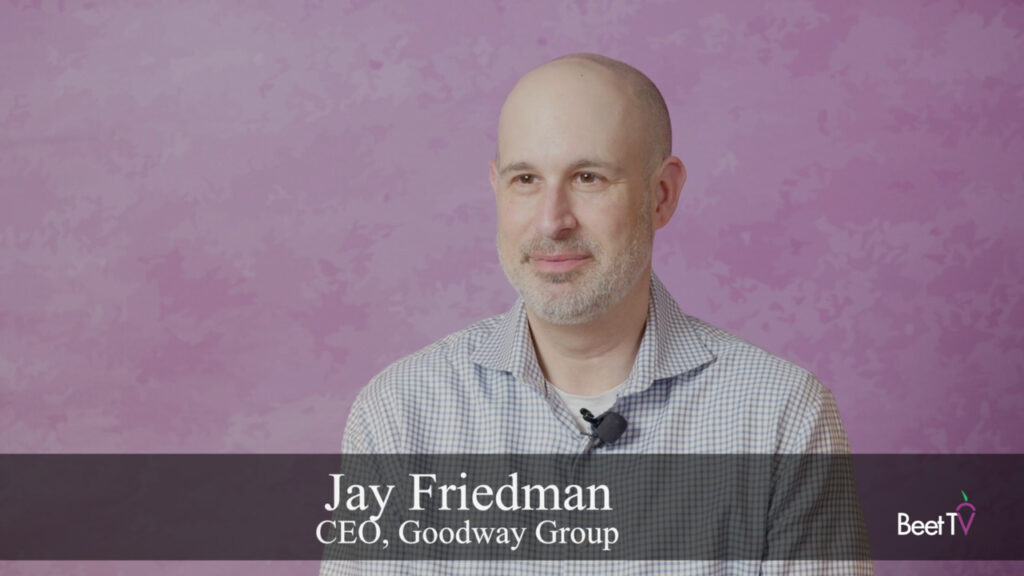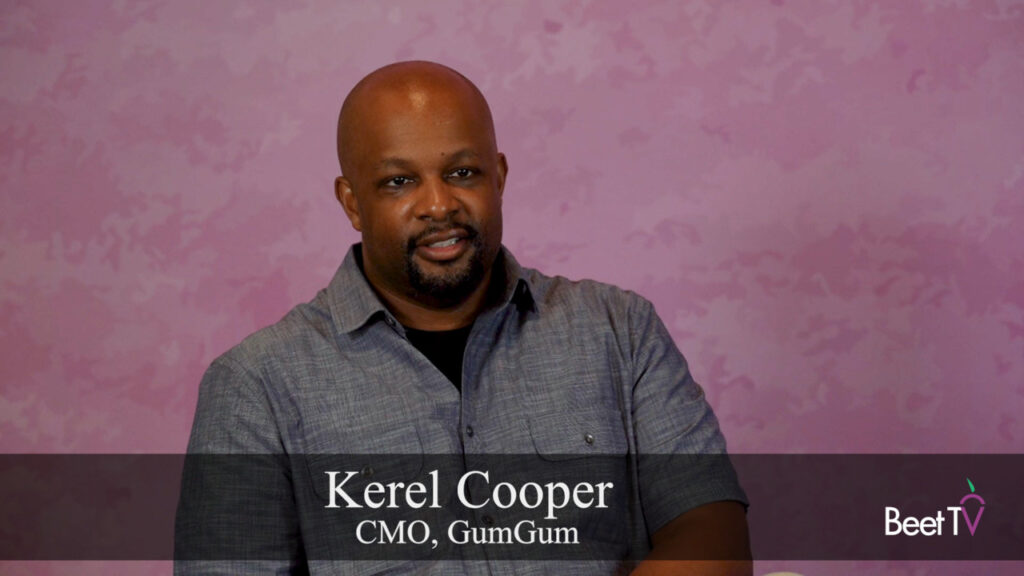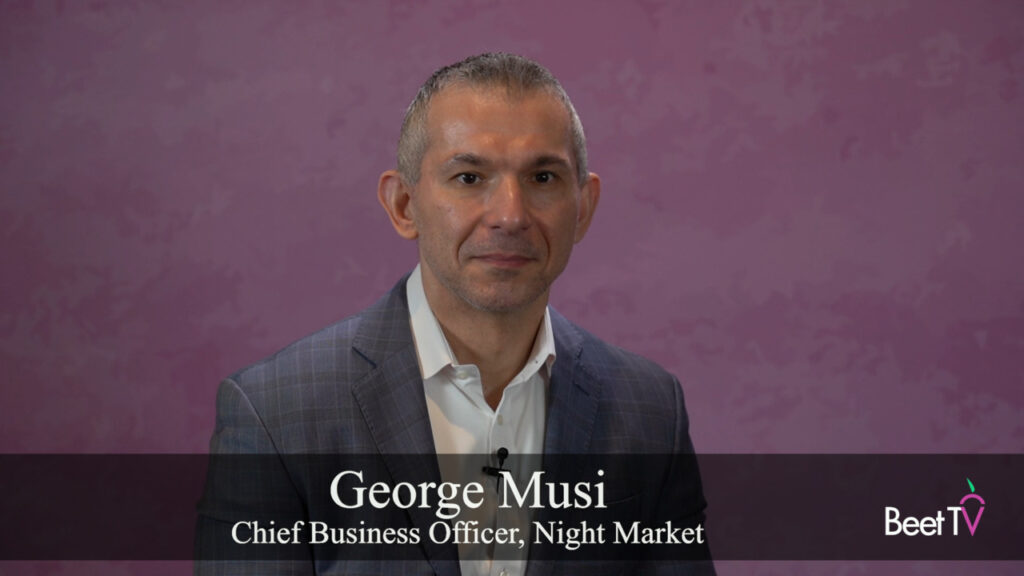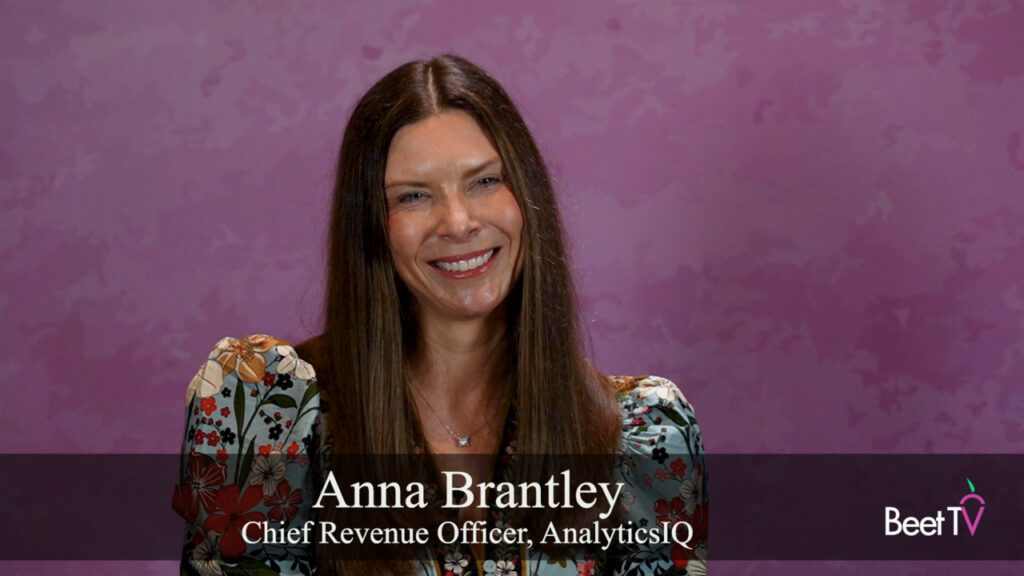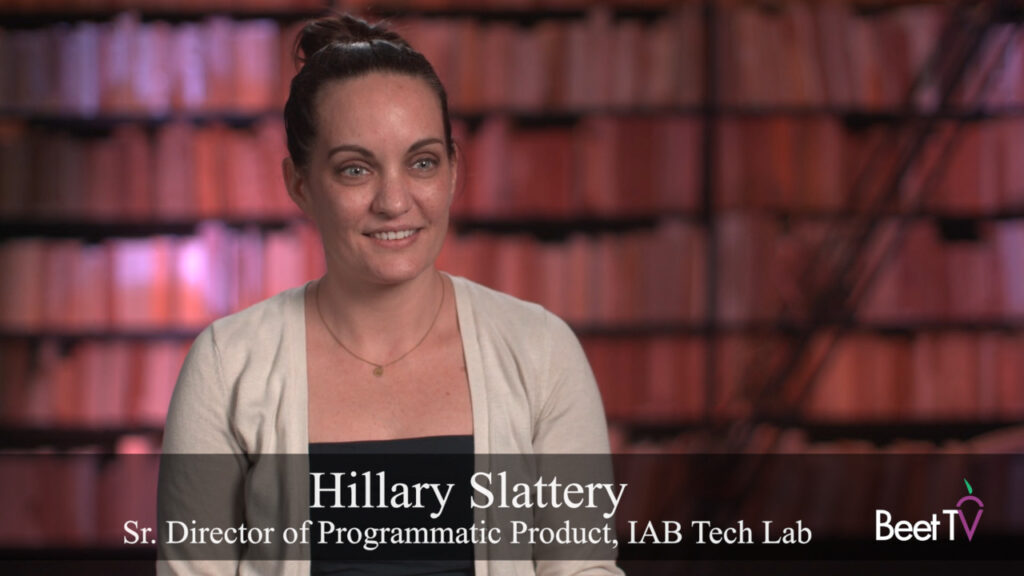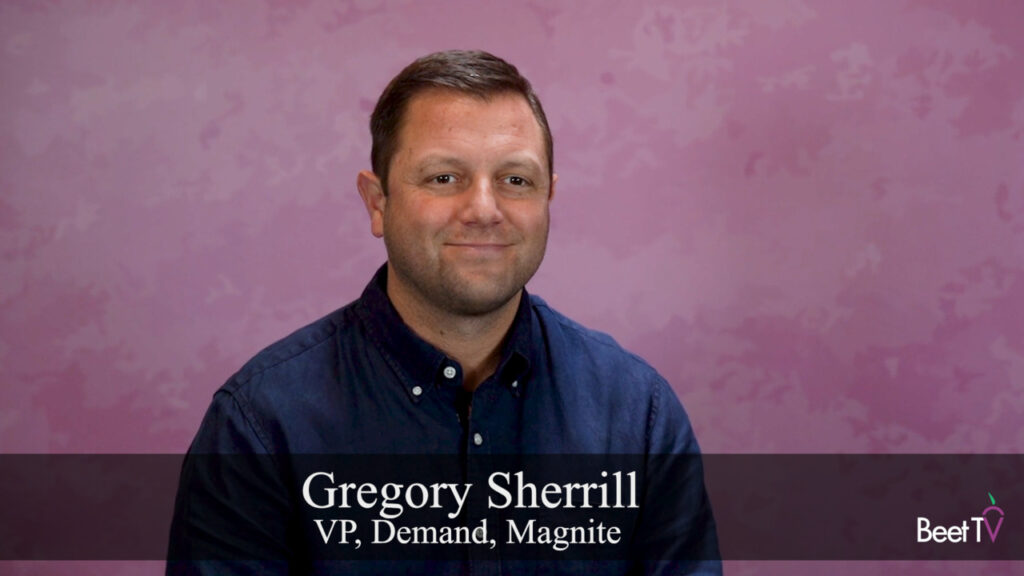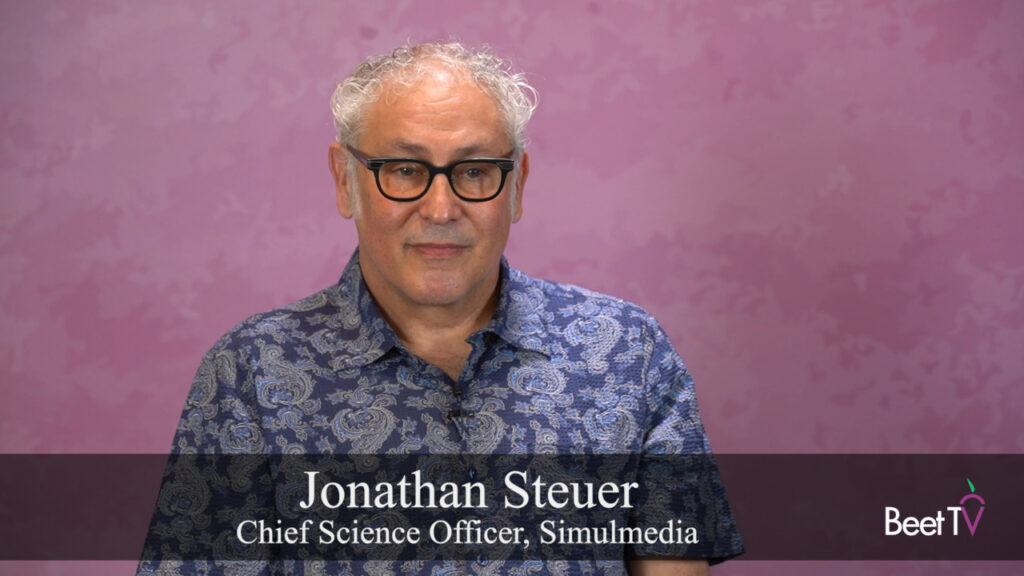COLOGNE-Matt Gee has his own take on the nature of the transformation sweeping the advertising industry. He envisions advertising as evolving into a kind of “service design” provider, which helps to put technologies like artificial intelligence and virtual reality in an interesting perspective.
Gee, who was recruited to Aegis Dentsu’s Isobar UK as Head of Digital Transformation from R/GA earlier this year, describes the current state of virtual reality as “the Atari stage,” a nod to the 1970’s fledgling electronic entertainment industry. “We’re just discovering the medium, understanding the potential, understanding how to tell stories and how to commercialize it,” Gee said in an interview with Beet.TV at the DMEXCO advertising and business innovation platform.
With a range of VR devices from Google’s cardboard VR glasses to the HTC VIVE, brand marketers need to make a basic decision about what best suits their needs. “Is it about mass distribution of experiences or is it about creating a really premium immersive experience in a single outlet,” is how Gee framed the question.
Isobar created a virtual reality sales experience titled CoDriver to help introduce a new model while adding some pizzazz to the age-old showroom experience. “It’s very difficult to bring a vehicle to life in that type of environment,” said Gee. By donning VR goggles, CoDriver participants seated in a stationary car could experience its driving capacity while enjoying 360-degree views of places like the New Zealand mountainside, DIGIDAY reports. “It’s very powerful from a product story telling perspective,” Gee said.
He calls artificial intelligence “really exciting territory,” not least because of the implications Amazon’s Echo and Google Home hold for the way consumers access various products and services. “So suddenly there is no interface anymore,” said Gee. “We’re not inputting things on screens. We’re able at the moment things occur to tap into that knowledge, information, shopping or entertainment just by using our voice.”
The potential for marketers is reflected in the changing role of creative agencies. “I like to think of advertising is as service design almost, because really the key role is to connect with people at the right moments, in the right context and at the right time,” Gee said. “We’re providing a usefulness and a value, which is very different from the broadcast model of advertising, which is what we’ve lived with for the past 50, 100 years.”
This interview was taped at DMEXCO ’16. It is part of a video series of industry leaders. The series is sponsored by Videology. For more Beet.TV coverage of DMEXCO, please visit this page.






